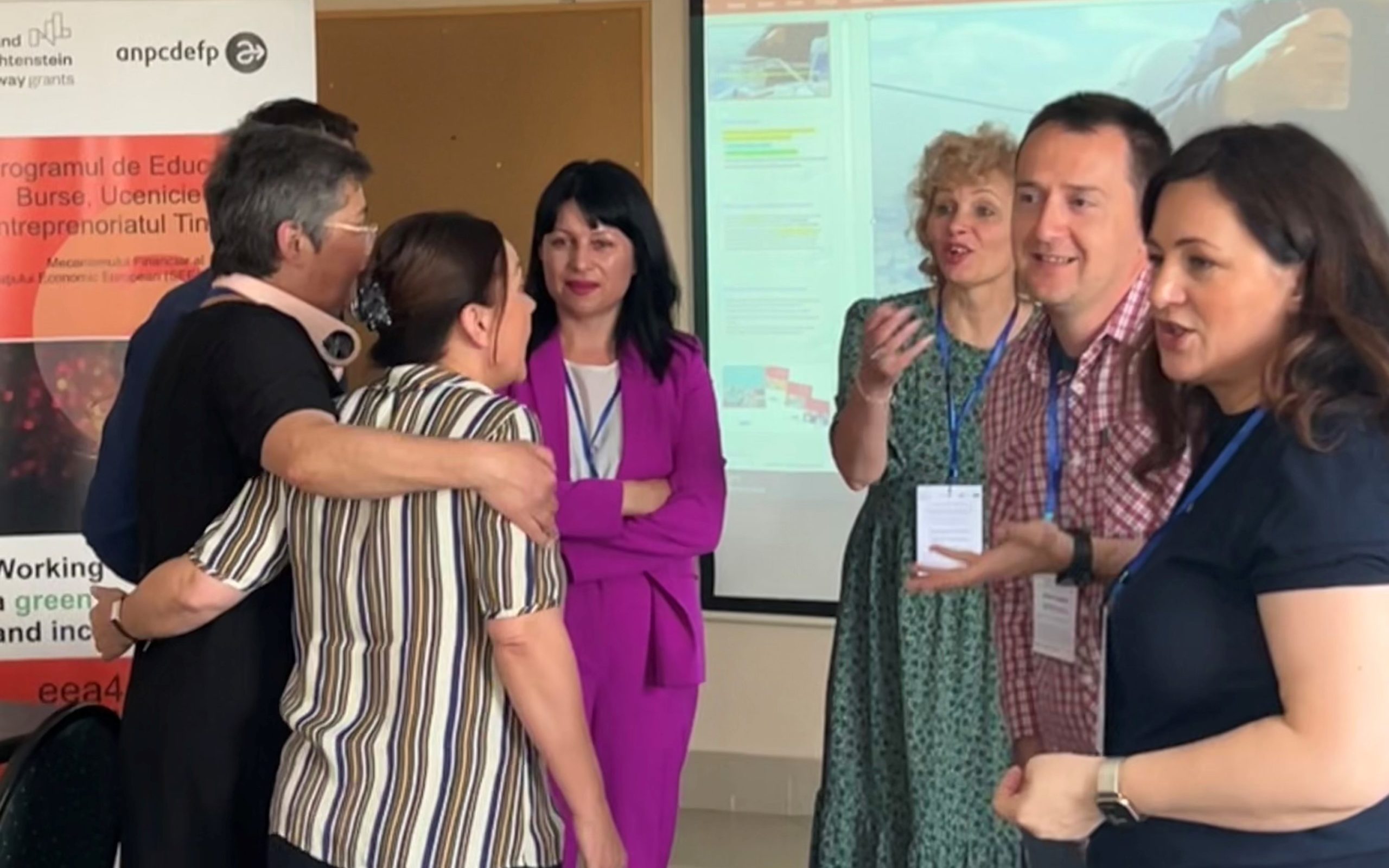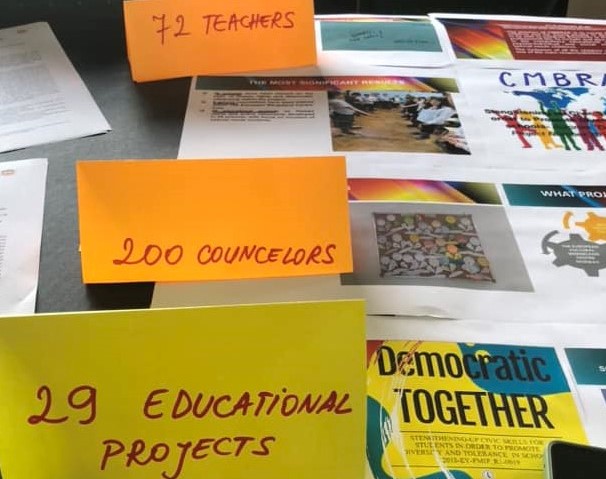Teacher training institutions, school inspectorates and school counselors in Romania have created accredited courses, webinars, seminars and new learning materials and curricula after participating at the Building Democratic School Culture courses in Oslo.
“If our schools are not democratic, our society will not be democratic. Since the training in Oslo, I have asked myself: how I can transmit this message to my students? So now, every year, I dedicate a seminar at my university to democratic culture in schools,” says Szabolcs from Centrul Județean de Resurse și Asistență Educațională Satu Mare.

His case is representative of the experience of nearly fifty participants from the three training cycles, which involved teacher trainers from ten different counties in Romania. At the final forum in Bucharest in May, the participants demonstrated how they had strengthened not only their individual capacity and knowledge about building inclusive and democratic classrooms, but also that of their institutions.
As part of this effort, Centrul Municipiului București de Resurse și Asistență Educațională (CMBRAE) trained 29 schools on the topic of human rights and democratic citizenship. They highlight how the project built institutional capacity, reaching 700 parents and 2400 students.

“This was our first project on human rights. It proved to be an extraordinary opportunity for learning and professional growth. Many beneficiaries have used this experience to develop guidance and counseling school manuals, approved at the national level, representing the highest level of learning transformation,” says Ana Maria Oancea, Projects Department, CMBRAE.
For example, Casa Corpului Didactic Brasov developed a guide for “Building a democratic and inclusive school culture”, as well as a 40-hour training programme, authorized by Romania’s Ministry of Education.
“The training course offered me a wider perspective on what democratic approaches imply, as well as various ways in which the students can take part in activities and projects that raise their awareness and active involvement,” says Aniko Veres, an English teacher.
The project was financed through the EEA and Norway Grants and carried out in collaboration with The National Agency for Community Programs in the Field of Education and Vocational Training (ANPCDEFP) since 2018.